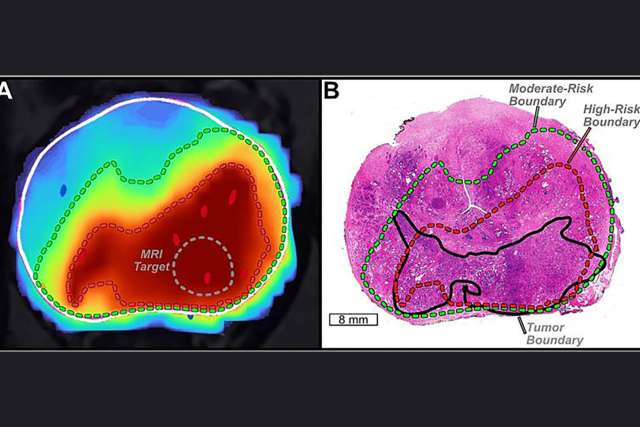Medical researchers have had breakthroughs in treating certain types of cancer by bolstering a patient’s immune system. Known as immunotherapy, or biologic therapy, it treats cancer differently than established treatments such as chemotherapy, radiation, bone marrow transplant and surgery.
To date, the U.S. Food and Drug Administration (FDA) has approved immunotherapy treatments for 17 cancer types. More than 1,000 clinical trials are underway, making immunotherapy one of the most promising forms of cancer research in years.
Immunotherapy cancer treatment
Your body’s immune system is designed to attack anything it doesn’t recognize, including viruses and bacteria. Because cancer cells start when normal cells grow out of control, the body may not recognize them as foreign. In some cases, cancer cells even secrete a substance that stops the immune system from attacking them.
Researchers can now use immunotherapy to help the body better target and destroy cancer cells. Immunotherapy cancer treatments can work by:
- Unleashing the immune system to help it recognize and attack cancer cells (these drugs are known as immune checkpoint inhibitors)
- Stimulating the immune system to work better overall
- Adding elements like immune system proteins (called monoclonal antibodies) that target cancer cells or parts of cancer cells
- Introducing a substance (a cancer vaccine) that elicits an immune system response to prevent cancer
CAR T-cell therapy for cancer
T cells are natural components of the immune system that recognize infections and cause an immune response. Researchers can now engineer T cells to fight abnormal cells. Chimeric antigen receptor (CAR) T-cell therapy was recently approved by the FDA to treat certain types of blood cancers.
After drawing blood and separating the T cells, laboratory technicians modify them to add a synthetic CAR gene, which recognizes and binds to certain types of cancer cells. The engineered T cells are placed back into the patient’s bloodstream where they go to work finding, attaching to and destroying specific cancer cells.
Patients who have had unsuccessful chemotherapy or even a bone marrow transplant may benefit from CAR T-cell therapy at UCLA. And researchers are now exploring how it may help patients with other forms of cancer as well, offering the treatment through clinical trials.
UCLA’s Jonsson Comprehensive Cancer Center continues to explore new immunotherapy cancer treatments. Patients can learn more about CAR T-cell immunotherapy by calling 888-ONC-UCLA (888-662-8252). For information about open clinical trials at UCLA, contact the Clinical Trials Hotline at 888-798-0719.



